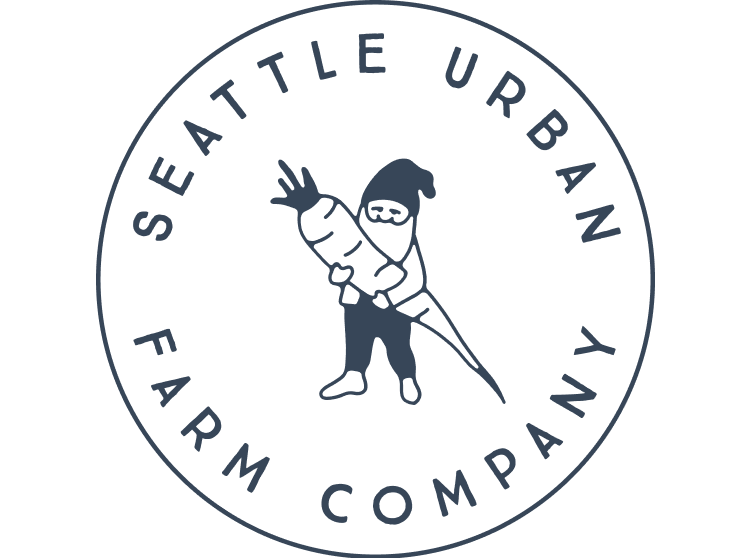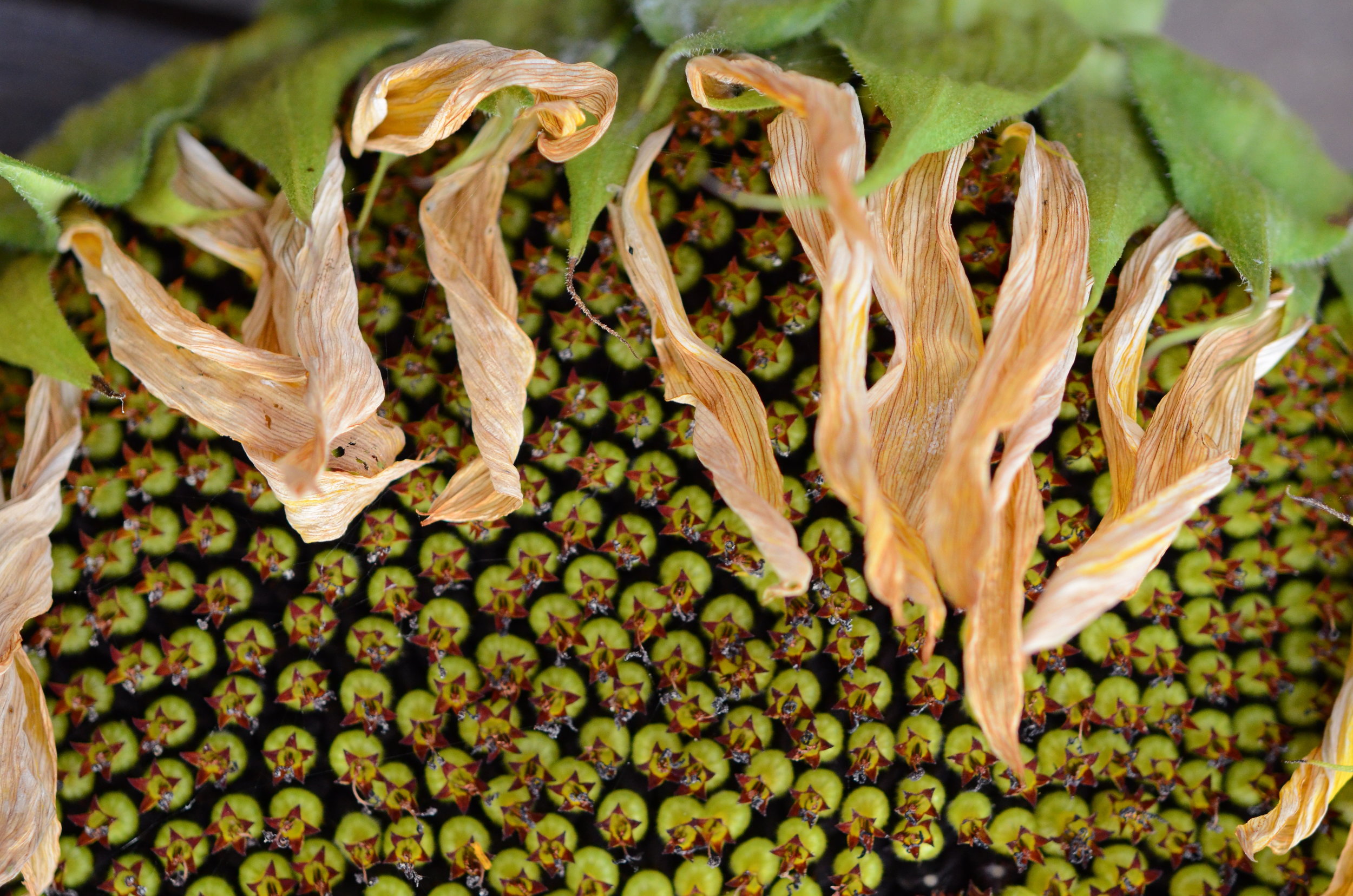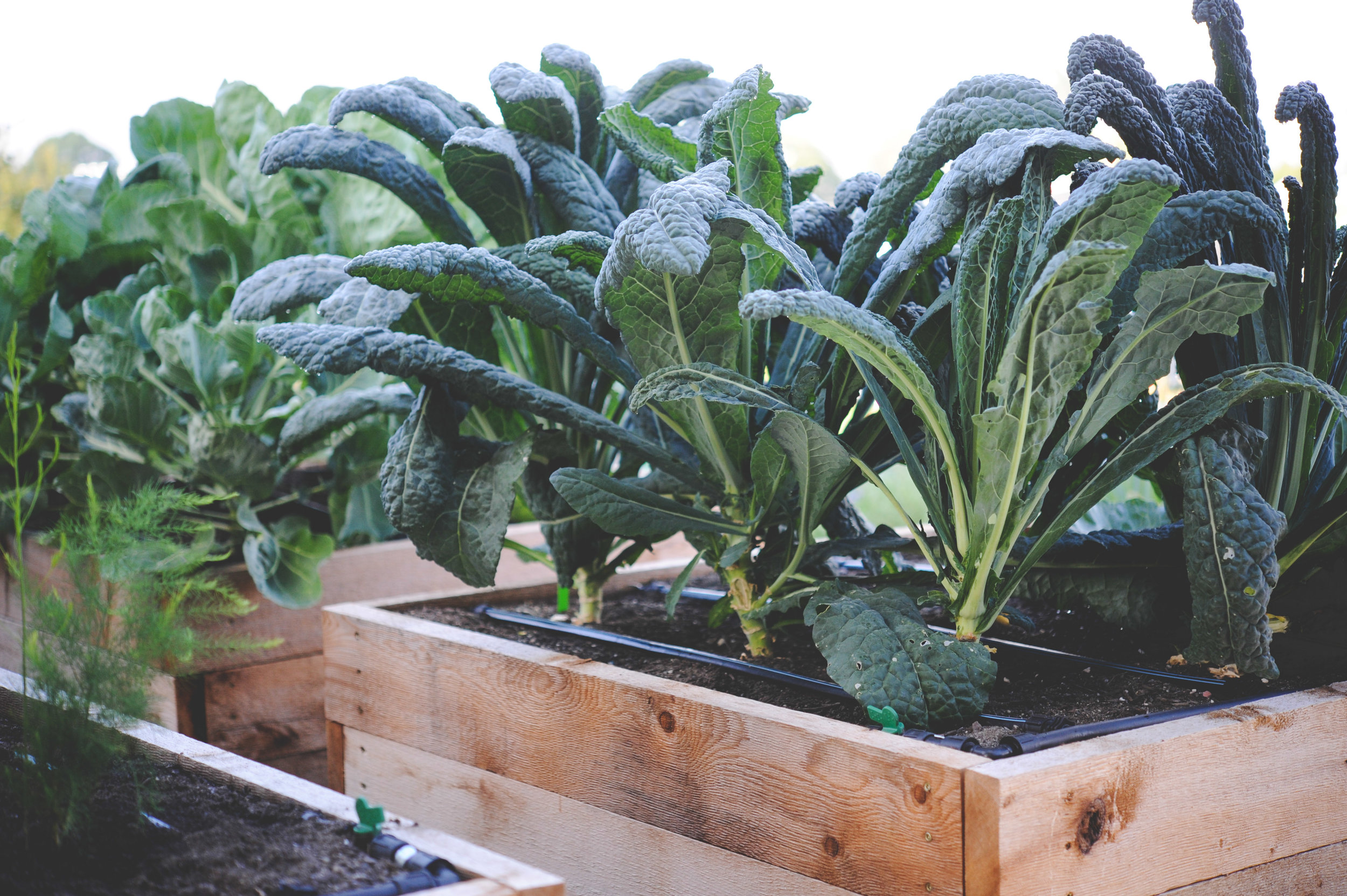Lisa Devetter, Assistant Professor of Berry Crops at Washington State University (WSU), joins us on today’s podcast to talk about raspberry growing considerations, including the differences between June-bearing and Everbearing varieties.
Read MoreEpisode 65: October Q+A
The days are getting shorter and cooler, and that Fall crispness is definitely in the air. In this week’s episode, we answer questions that follow up on previous podcast episodes. Tune in for more information on harvesting sunflower seeds, planting garlic, using drip irrigation, and amending soil. Many thanks to our Club Encyclopedia Botanica podcast funders for asking such smart follow-up questions and helping us all get into more detail on these timely topics!
Read MoreEpisode 64: Drip Irrigation, Part 2
Last week we discussed the various benefits of drip irrigation, along with how to operate and maintain a system. Today we’re discussing the details and providing everything you need to know to install your own drip irrigation system.
Read MoreEpisode 63: Drip Irrigation, Part 1
Vegetables need adequate and consistent water to grow well. Most vegetables are 70-95 percent water, and they need to get all that from somewhere. When it comes to watering your vegetable garden, I have found that a drip irrigation system with an automatic timer is the best way to achieve the consistent watering that crops require. A drip irrigation system, while a little more costly and time consuming to install than say, a garden hose, will end up saving you time, water and money in the long run.
Read MoreEpisode 62: Vegan Fertilizer
Organic fertilizer is a key component of any vegetable garden, and today we are going to explore a specialized recipe for an organic fertilizer that is totally vegan.
Read MoreEpisode 61: September Slack Q+A
Summer crops are wrapping up, and our Fall gardens are full of short and half season plantings to round out the year. In addition to questions about powdery mildew and growing the best beets, we're also thinking ahead to fruit tree pruning and soil amendments.
Read More





